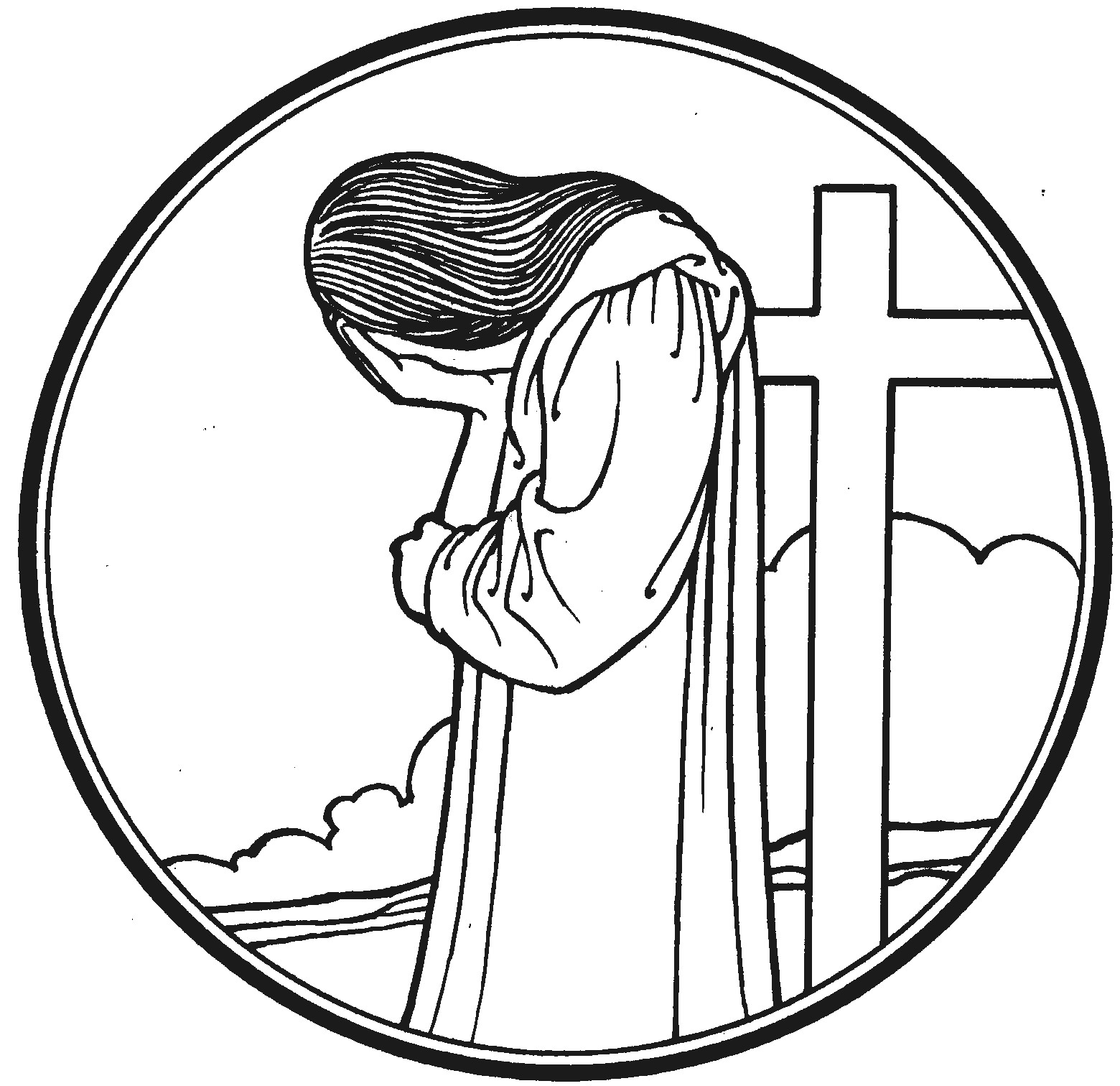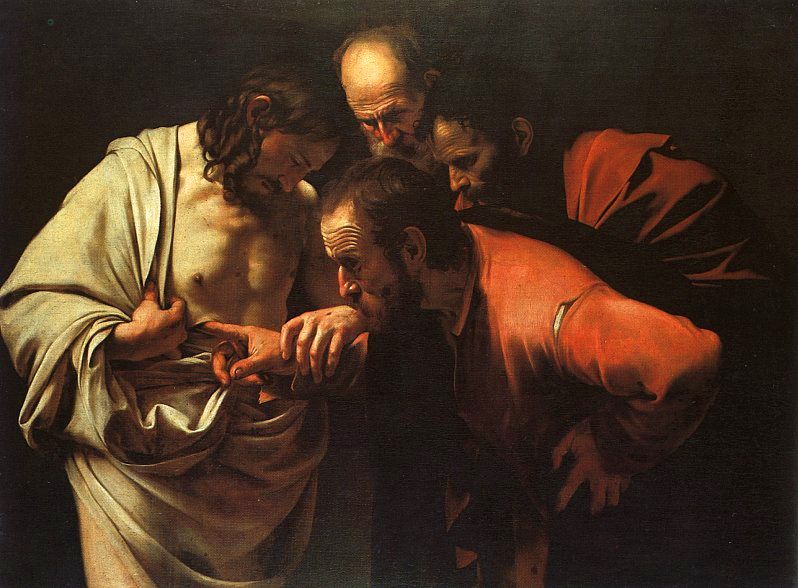Month: April 2018
-

Fourth Sunday after Easter (Cantate) (James 1:16-25)
Bethlehem Lutheran & Bethel Lutheran Church, Lebanon & Sweet Home, OR Fourth Sunday after Easter (Cantate) + April 29, 2018 Text: James 1:16-25 Welcome to the world! From the moment we’re born and placed in our mother’s arms, we’re growing and learning. We learn from sights, sounds, and smells. We learn from things we do,…
-

Third Sunday after Easter (Jubilate) (John 16:16-22)
Bethlehem Lutheran & Bethel Lutheran Church, Lebanon & Sweet Home, OR Third Sunday after Easter (Jubilate) + April 22, 2018 Text: John 16:16-22 Among the many promises of God, we have our favorites: “Though your sins are like scarlet, they shall be as white as snow; though they are red like crimson, they shall become…
-

Second Sunday after Easter (Misericordias domini)(John 10:11-16)
Bethlehem Lutheran & Bethel Lutheran Church, Lebanon & Sweet Home, OR Second Sunday after Easter (Misericordias domini) + April 15, 2018 Text: John 10:11-16 “A Psalm of David. 1The Lord is my shepherd; I shall not want. 2He makes me lie down in green pastures. He leads me beside still waters. 3He restores my soul.…
-

First Sunday after Easter (Quasimodo geniti) (1 John 5:4-10)
Bethlehem Lutheran & Bethel Lutheran Church, Lebanon & Sweet Home, OR First Sunday after Easter (Quasimodo geniti) + April 8, 2018 Text: 1 John 5:4-10 Alleluia! He is risen! The Introit for today begins, “Like newborn infants, long for the pure spiritual milk of the Word [that by it you may grow up unto…
-
Resurrection of Our Lord (Mark 16:1-8)
Bethlehem Lutheran Church, Lebanon, OR Resurrection of Our Lord + April 1, 2018 Text: Mark 16:1-8 Alleluia! Christ is risen! The two Mary’s saw the corpse taken down from the cross. They watched as their dead Lord was hastily wrapped in a linen shroud and placed in the tomb. “Mary Magdalene and Mary the…
-
Easter Sunrise (John 20:1-18)
Bethlehem Lutheran Church, Lebanon, OR Easter Sunrise + April 1, 2018 Text: John 20:1-18 Sermon from Rev. David Juhl, adapted With glad hearts raised to God, we say Alleluia! Christ is risen! He is risen, indeed! Alleluia! It takes a special breed to be a morning person. Not everyone can get up before the…